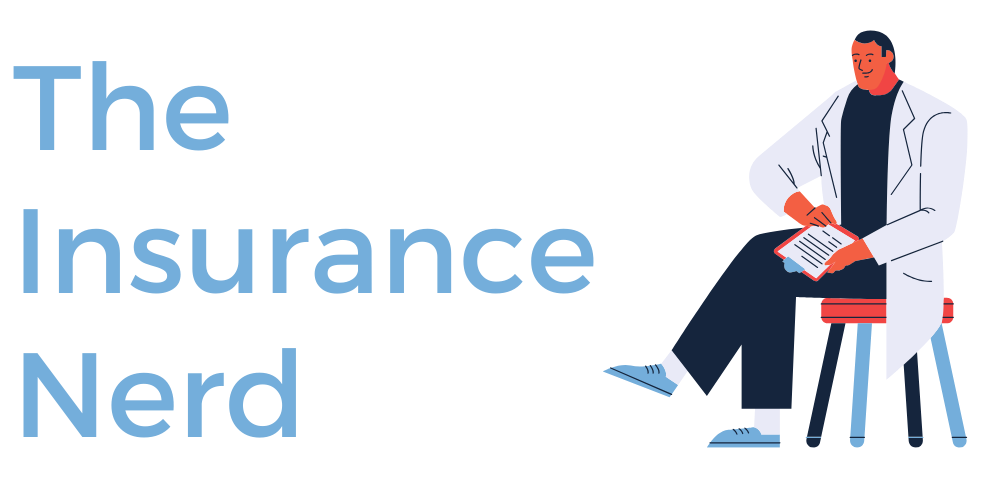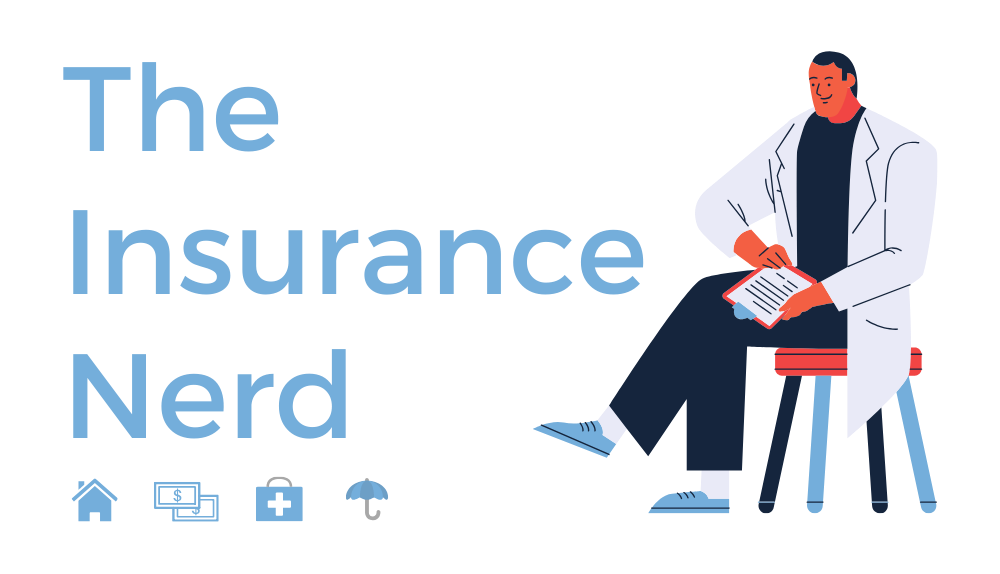It’s not easy to seek medical care. The cost of paying for care out-of-pocket can be prohibitive. Even if you have health insurance, deciphering coverage, copays, and coinsurance can be monumentally confusing.
Affordability is a key reason why some people don’t have health insurance. Those who make sufficient income or are lucky enough to have employer-provided policies are probably covered. But those earning too much to qualify for Medicaid and too little to buy their own coverage are not.
The covered and the uncovered share common ground, though, when it comes to getting the care they need. Although those with insurance are more likely to seek necessary care, the complexities of policies may hold them back. Those without insurance often forgo treatment until they land in an emergency room.
Your health and wellness are what should drive your medical decisions. Unfortunately, medical insurance, whether you have it or not, has a major effect on making them. Here’s how insurance affects the decision-making process and how it should not.
The Fear of Unaffordability
The mere thought of accessing medical care may have you checking your bank account and credit card balances. If whatever ails you requires major surgery and a hospital stay, that’s probably necessary. But don’t let the specter of health insurance lull you into assuming everything is unaffordable.
If you’re like many people, you usually need only basic, wellness care. You need a vaccine, an annual checkup with your primary care physician, or routine birth control. You may be surprised at what these costs — with or without insurance — if you shop around.
Take birth control, for example. Those with insurance would traditionally visit their OB-GYN, pay $30 or more for the copay, and leave with a prescription. They invest time and money in the appointment and monthly pharmacy trips to pick up and pay for prescriptions.
With or without insurance, an online healthcare provider like Nurx can make the process far more affordable and convenient. A consultation with a provider includes a year’s worth of 24/7 access. The resulting birth control subscription shows up discreetly at your door on time and on budget.
The Feeling of Being Boxed In
Having health insurance can make you feel boxed into the terms and conditions of your policy. Just because you have a policy, don’t assume using it is the only way to access the care you need. Think outside the box.
Insurance policies are built around provider networks, deductibles, and covered services. You get some benefits from seeing a provider for covered services. But you’re on your own for services that aren’t covered and pay a premium for seeing non-network providers.
Let’s say you need an MRI which, because you’re far from meeting your deductible, you’ll be paying for out-of-pocket. Your insurer has negotiated a price of $3,000 for an MRI which is the amount you’ll have to pay. But what if you could pay $700 instead?
A healthcare technology company like MDSave offers a way for those insured and uninsured can save money on care. Doctors who are MDSave providers agree to deliver services for a reduced rate to avoid dealing with insurance companies. There’s no need for networks, covered services, and deductibles, just impressive discounts.
The amount you pay to an MDSave provider doesn’t count toward your deductible because those charges aren’t submitted to your insurer. If you don’t think you’ll reach your deductible by the end of the year anyway, save some cash. And if you’re uninsured, this could make expensive care affordable.
You should use your health insurance policy when it’s to your care, cost, and convenience benefit. But when it’s not, you should look for other ways to get what you need. Your medical care should be about your health, not your insurance company’s bottom line.
The Grandfather Factor
If you have been enrolled in a private insurance plan since on or before March 23, 2010, your plan may be grandfathered. That means it isn’t required to provide all the protections guaranteed by the Affordable Care Act (ACA). If you have a grandfathered plan, you’re probably missing some advantages to access, and that’s worth comparing health insurance policies.
For example, grandfathered plans may not cover preventive care without copays and coinsurance or coverage for pre-existing conditions. They may limit access to emergency care, physician choice, and the right to appeal denials. All these are guaranteed with an ACA Marketplace plan.
There’s a reason for that. The health outcomes for those who don’t get preventive care, such as wellness check-ups, immunizations, and screenings, are poor. Early detection and intervention are critical for maintaining good health.
If you have a pre-existing condition, you need medical treatment to address it. Delaying it because your insurer won’t cover you may be an option, but it’s a potentially deadly one. You need a health plan that recognizes that you need care now.
Employer-sponsored plans seem like a great deal for employees, especially if employers pick up 100% of the premium tab. If you find you’re making medical decisions based solely on that coverage, and it doesn’t cover the care you need, reconsider. Paying even the entire premium for a Marketplace plan after opting out of employer plans may be a healthier investment.
Health insurance plans that don’t cover or reduce costs for the medical care you need aren’t advantageous. You need to make sure you can access the preventive care and treatment that’s right for you. Don’t let grandad tell you otherwise.
You Decide
Being at the mercy of your health insurance plan or your uninsured status isn’t healthy. Virtual visits and online providers are presenting convenient, affordable access. Providers opting into ways they get paid without dealing with insurance companies helps them and their patients.
You may need to do a little research into the increasing number of alternatives available to inform your medical decisions. But it’s your health. You decide.





